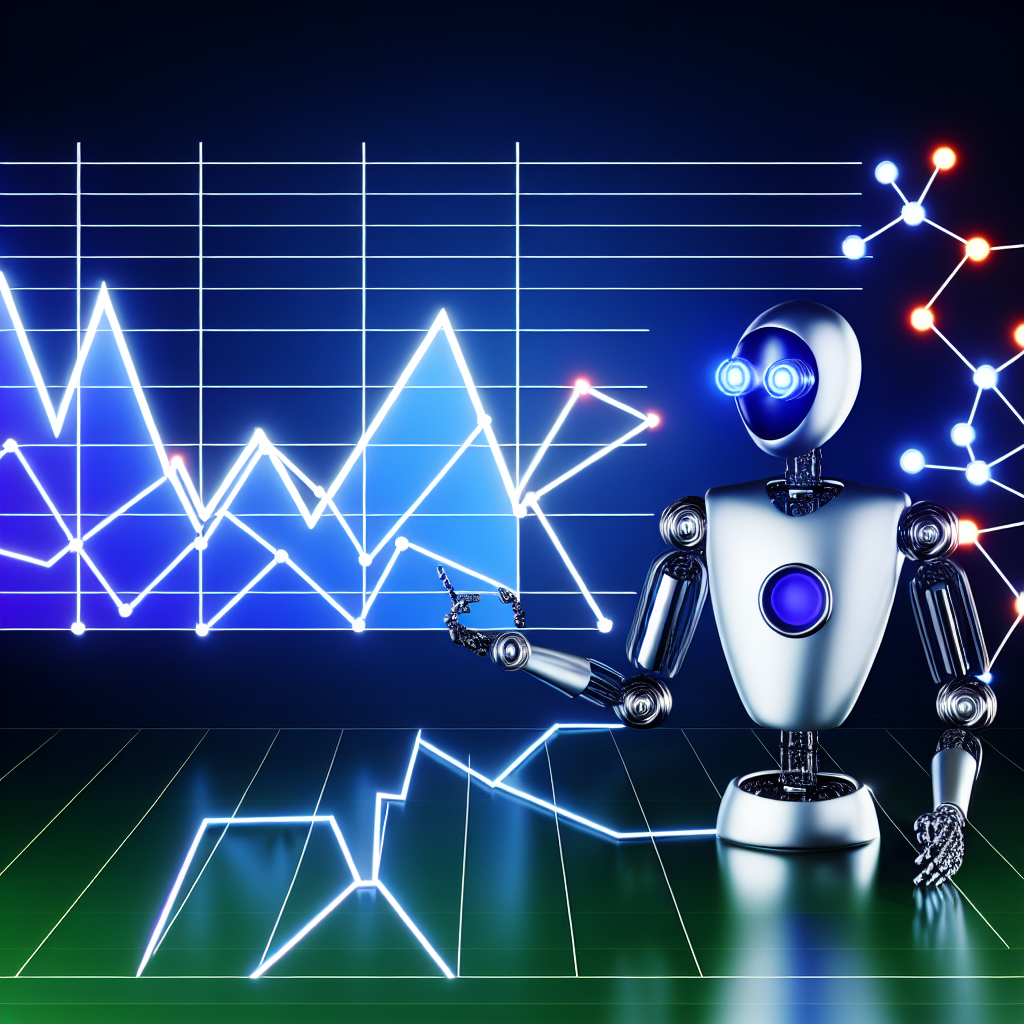The Future of SEO: How AI is Transforming Search Marketing for C-Suite Leaders
Introduction
Search engine optimization (SEO) is amidst a transformative revolution led by the rise of artificial intelligence (AI). Gone are the days when SEO was restricted to **keyword stuffing**, **backlink building**, and **meta tag** optimization. Today, the landscape is shaped by advancements in **machine learning**, **natural language processing (NLP)**, and **predictive analytics**—making SEO smarter, more contextual, and dynamically responsive to user intent.
A clear testament to this shift is Google’s AI-first approach. Innovations like BERT (Bidirectional Encoder Representations from Transformers), MUM (Multitask Unified Model), and RankBrain form a new generation of **search engine algorithms** designed to understand human queries with greater nuance. These models analyze the structure, sentiment, and context of search queries—providing far more relevant results. For businesses, this means moving beyond mere technical optimization and embracing **intent-driven**, **semantically-rich content** that addresses user needs holistically.
For C-suite stakeholders, the rise of AI signifies more than evolving algorithms—it’s a paradigm shift in **marketing strategy**. AI-powered SEO platforms like BrightEdge, SurferSEO, Clearscope, and MarketMuse are automating once-manual tasks such as keyword clustering, **content scoring**, **competitor gap analysis**, and **performance monitoring**. These tools analyze millions of data points in real time, surfacing strategic insights and offering content recommendations that align dynamically with **search trends** and **algorithm updates**.
Further reshaping the landscape is AI’s integration across full marketing stacks. Techniques like **predictive content modeling**, **dynamic SERP forecasting**, and **AI-powered A/B testing** are enhancing ROI with real-time precision. These empower executives to make data-informed decisions faster—optimizing acquisition funnels and boosting **customer engagement**.
To capitalize on these changes, C-suite leaders must take a proactive stance—investing in the right AI infrastructure, hiring talent fluent in **data science and SEO**, and fostering a culture of continuous adaptation. The intersection of **AI and SEO** is evolving into a core component of strategic digital planning. Future-forward organizations understand that staying ahead doesn’t depend only on content—it hinges on comprehension, context, and the smart use of AI-enabled tools.
Key Medical and Professional Studies Influencing AI-Driven SEO
The power of AI in SEO is underscored by concrete findings from industry research, academic institutions, and case studies spanning marketing, healthcare, and human behavior analysis.
A landmark study from McKinsey & Company’s 2022 Global Survey on AI marks a pivotal moment. It reveals that marketing ranks among the top three functions seeing real-world returns from AI. Over 40% of surveyed organizations attribute increased output in **lead generation**, **customer segmentation**, and **content strategy** to AI deployment. These are direct indicators that **AI-powered SEO** is not experimental—it’s performance-proven.
Further amplifying this, a comprehensive white paper from Deloitte, titled “AI in Marketing: Boosting Business Outcomes,” examined how **AI personalization engines** influence digital engagement. Over half the surveyed businesses experienced at least a 20% rise in **conversion rates** after implementing AI-enhanced storytelling and search optimization. These models, rooted in behavioral forecasting and NLP, allow brands to craft content that is both more discoverable and more meaningful to target personas.
On the healthcare frontier, a study featured in the Journal of Medical Internet Research expands understanding of how **machine learning** interprets complex **search queries**, especially in critical fields like medical information. The study found AI systems to be significantly better at aligning patient queries with contextually accurate diagnoses and treatment information than their rule-based counterparts. The implications extend to all sectors: when it comes to **semantic search** and **intent mapping**, AI is unmatched in accuracy and adaptability.
These insights are further confirmed via ongoing updates from the Google AI Blog. For example, the rollout of MUM signals a movement toward **multimodal search**—incorporating **text, images, and video** simultaneously and understanding them at a conceptual level across 75 languages. This calls for SEO professionals to shift from keyword-centric tactics to deeper strategies that integrate data science and content intelligence.
What does this mean for marketing leaders? There’s a growing imperative to integrate **structured data**, **schema markups**, and **context-aware content frameworks** into digital assets. With **Google Search** now informed by AI models analyzing both syntax and semantics, crafting successful content means aligning more deeply with user psychology and behavioral trends.
Conclusion
The transformation of SEO through artificial intelligence represents not just an algorithmic evolution—it signals a redefinition of how **brands engage consumers** across digital ecosystems. From **AI-driven SERP monitoring** to **smart content creation**, the new world of SEO demands agility, strategic foresight, and a tech-fluent mindset from today’s marketing executives. Forward-thinking companies that harness AI’s full capabilities will gain a lasting competitive advantage in terms of visibility, trust, and conversion.
Embracing **AI in SEO** is no longer a futuristic ambition—it’s a current requirement for digital excellence and C-suite strategy alignment.
Concise Summary
Artificial intelligence is revolutionizing SEO, replacing outdated tactics with intelligent, user-focused strategies powered by machine learning and natural language processing. Technological advancements like Google’s BERT and MUM enable deeper understanding of context and intent, while platforms like BrightEdge and Clearscope automate insights and optimization. Supported by studies from McKinsey, Deloitte, and medical research institutions, it’s clear that AI boosts marketing ROI, content personalization, and search relevance. For C-suite leaders, integrating AI into SEO isn’t optional—it’s a strategic necessity in today’s digital economy.
References
- McKinsey & Company. (2022). The State of AI in 2022
- Deloitte Insights. AI in Marketing
- Google AI Blog. Understanding MUM
- Journal of Medical Internet Research. NLP and Machine Learning in Health Information Search
- BrightEdge. The Future of SEO is AI

Dominic E. is a passionate filmmaker navigating the exciting intersection of art and science. By day, he delves into the complexities of the human body as a full-time medical writer, meticulously translating intricate medical concepts into accessible and engaging narratives. By night, he explores the boundless realm of cinematic storytelling, crafting narratives that evoke emotion and challenge perspectives.
Film Student and Full-time Medical Writer for ContentVendor.com
